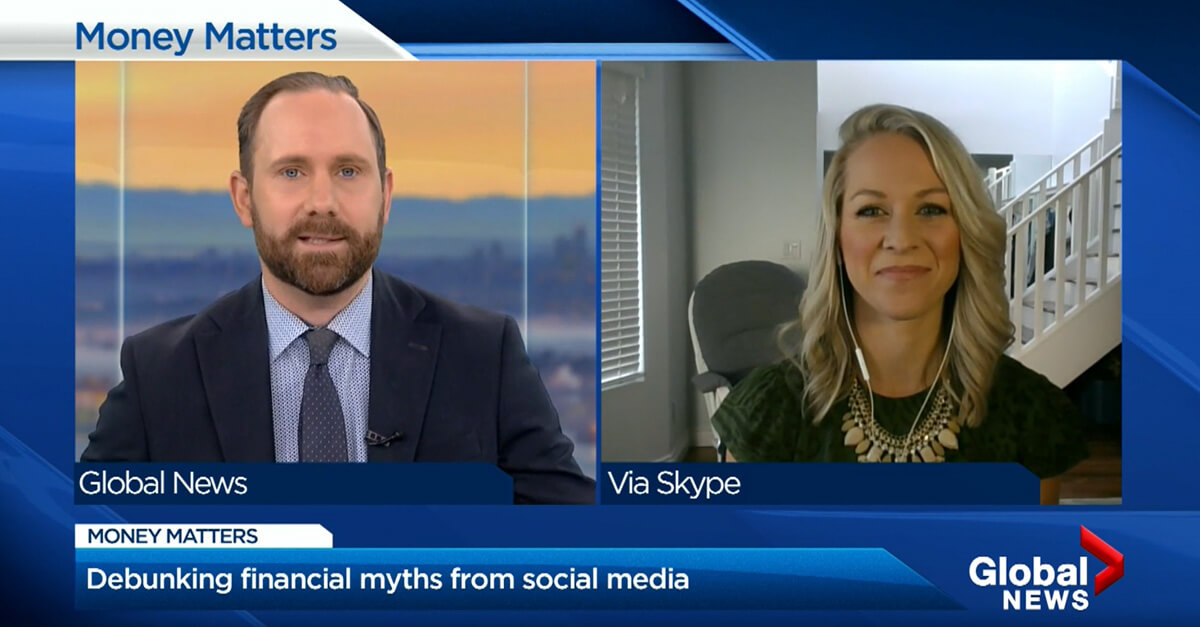There’s no shortage of financial advice on social media–but sorting the good from the bad can be pretty tough. From questionable advice, to misinformation, even outright fraud, you have to stay on your toes. For more on that, we asked Coast Capital money expert Debra Brady.
So the financial influencer, AKA “the finfluencer” is a new phenomenon. What do we need to know about this social media sensation?
It’s actually just a catchy name for anyone with a social media following who talks about finance and investing. These people may work full time in the financial industry, or they may just have a passion for finance. They like to talk about concepts than can help people really understand something that could be a little more complicated in investing or something more applicable to our daily lives. They help to make something like investing approachable, and that can be a really great thing. People are inclined to use social media because that’s where they get their information daily. Almost 4 billion people use social media every day and visiting these platforms all the time.
When it comes to the down side of “finfluencers” what do people need to be aware of?
There can be a down side–this type of content can lead us astray if the people giving out the tips are not people we can fully trust. Trust on social media can be an illusion, and anyone can set themselves up as an influencer–or in this case the finfluencer. A common risk is that some people can follow advice that is not the right fit for them. This could be something that’s just broad-based advice, and not actually tailored to a plan that fits with their short or long term goals. And when it comes to fraud on social media, people fall victim to the quick win. The idea that someone can grow their money monumentally overnight, or that they can get rich tomorrow, rarely works out the way they think that it will. We also know that social media algorithms are going to continue gear towards things that we’ve already been looking up, so it can be quite difficult to avoid [these types of accounts]. The Canadian Anti-Fraud Centre reported $379 million lost to scams and fraud in just 2021.
For staying safe and protecting your money, what’s the best advice people can take?
I’d say we all want control over our financial future, and investors are getting younger and younger, so social media is a common platform for financial advice. Gen Z’s for example are investing more than [any young generation] before, and it’s fantastic to see people taking control of their financial future. Advice on budgeting, tax, debt, or savings can be highly useful information and will continue to attract the interest of young audiences who want to know more about their money. But unfortunately that desire to get ahead during the turbulent times that we’re in right now can easily be taken advantage of. A great financial advisor will be able to advise on those things that you’ve learned without leading you astray. They can also help navigate those ups and downs of the market, provide real advice, and find investments that best fit your financial profile and your goals. If sitting down with an advisor is not for you right now, you can also leverage free online tools like Coast Capital’s Money Chat to help you understand your current financial health, where to go, and how to get there.



